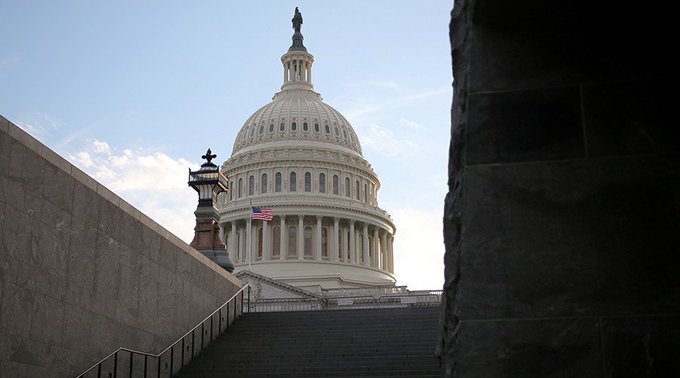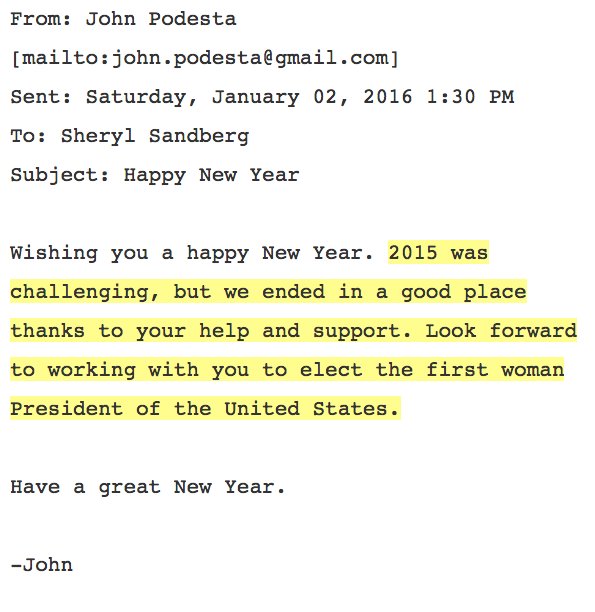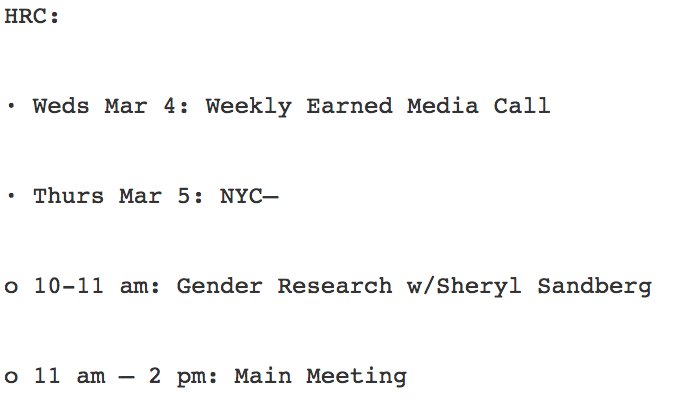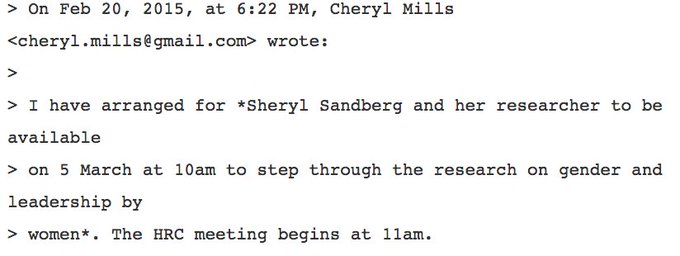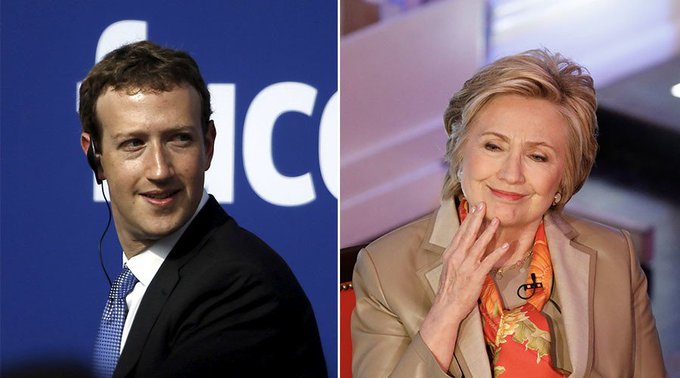Log out of Facebook. Delete your Twitter. Sleep with one eye open – The Russians are everywhere
Danielle Ryan is an Irish freelance writer, journalist and media analyst. She has lived and traveled extensively in the US, Germany, Russia and Hungary. Her byline has appeared at RT, The Nation, Rethinking Russia, The BRICS Post, New Eastern Outlook, Global Independent Analytics and many others. She also works on copywriting and editing projects. Follow her on Twitter or Facebook or at her website www.danielleryan.net.

The Russians have been busy. They’ve hijacked the Black Lives Matter movement, hacked the US power grid, targeted US state voter systems, infiltrated Facebook and stoked the NFL anthem debate — all in an effort to destroy the fabric of American society.
It’s a sad year for Democrats and even sadder for mainstream American journalism. We’re almost into October and US president Donald Trump still hasn’t been impeached for collusion with the Russians — nor has any solid evidence emerged that the Russian government had any real influence over the outcome of the election at all. Perhaps that explains the recently ramped up efforts to pin all recent social discord on the Russians as well.
Multiple attempts to prove that the Kremlin tipped the election to Trump have been either dunked or remain highly questionable. Each time question marks appear over sketchy Russia reports, new allegations appear and take over. It’s like a rapidly spreading disease with no cure.
First it was a barrage of non-specific and evidence-free claims that Russia “hacked” the election. Then it was the hordes of Russians in social media sweatshops flooding the internet with pro-Trump fake news through thousands of Twitter bots. Then it was false claims that the Russian government hacked the US power grid. Now it’s the Russian infiltration of Facebook and Twitter to stoke US culture wars, for kicks.
Facebook, Twitter, Reddit, oh my!
Earlier this month Facebook admitted that 470 fake accounts “likely” operating in Russia bought 3,000 ads aiming to amplify division over social issues like gay rights, race, immigration and gun laws. Facebook admitted that many of the ads they looked at had “very weak signals of a connection” to Russia, if any at all. For instance, accounts operating in the US but using Russian language settings were counted as Russian accounts. Now, it doesn’t take a genius to work out the fact that anyone can turn their language setting to Russian and hop on Facebook to buy a few ads.
But the media has gone wild with the story, reporting as proven fact that “the Russians” have infiltrated Facebook to tear the US apart. Facebook CEO Mark Zuckerberg has been excoriated by the media for failing to care enough about “Russian influence” until now. Zuckerberg, in response, has said he regrets not taking the issue seriously and that he “cares deeply” about the integrity of America’s democracy.
Zuckerberg’s comments are interesting, because while we can’t know for sure that these 470 accounts were actually operating out of Russia — or that they had any links to the Kremlin — what we do know for sure is that Facebook Chief Operating Officer Sheryl Sandberg was actively working to support Hillary Clinton’s campaign.
Leaked emails between Sandberg and Clinton campaign chairman John Podesta reveal that Facebook provided research to Clinton in 2015 and that Sandberg “badly” wanted Clinton to win. She also met privately with Clinton on multiple occasions. In one email, Podesta thanked Sandberg for her “help and support”.
Now, just imagine the outrage if it was revealed that the biggest and most influential social media platform in the country had been giving Trump’s team a helping hand, and emailing his campaign chairman admitting how badly they wanted him to win.
But it’s OK, because the media doesn’t care that Facebook blatantly favored Hillary. They only care that 470 fake accounts – possibly, maybe linked to Russia – bought some fake ads.
Twitter is feeling the heat over Russian influence, too. The New York Times seized on information provided by a new “public policy group” called the Alliance for Securing Democracy which claims Russian bot accounts were pushing opposing messages on the NFL and the debate around whether to stand or kneel for the national anthem. This too has been accepted as truth by journalists, despite the fact that the group itself won’t even clarify how it decides which Twitter accounts are in fact Russian bots. But the New York Times simply accepts what it is told without further analysis.
The US Senate Intelligence Committee also has Reddit in its sights over the platform’s possible use by Russian bots to spread misinformation. Though, as usual, there is no evidence linking any efforts on Reddit back to Russians or the Russian government.
More hacking claims debunked
Meanwhile, one of the latest hacking “bombshell” revelations has been quietly falling apart. Last week the US Department of Homeland Security (DHS) told 21 states that they had been the target of Russian hacking during last year’s election.
The usual media suspects breathlessly repeated the news, happy to rely purely on information provided by government officials. It became an especially big story because the list of 21 states included Wisconsin and Pennsylvania, both considered battleground states in which Clinton failed to campaign adequately, having taken victory for granted. The DHS information provided the perfect opportunity for the media to claim that the reason Clinton lost was that those states were among those targeted by Russia.
The only problem is that as soon as the story emerged, states on the list began to push back. Wisconsin officials said their election systems had not been hacked by Russians, despite the earlier claims from the DHS. California’s Secretary of State Alex Padilla soon followed, releasing a statement saying the DHS’s conclusions “were wrong” and that California’s systems had not been hacked either. Padilla did not mince his words: the DHS information was “not only a year late, it also turned out to be bad information,” he said.
But none of this matters. The original story that Russia hacked voting systems in 21 states is all that will be remembered — because when it comes to Russia, there appears to be absolutely no appetite among journalists for providing accurate information.
Rachel Maddow, the MSNBC anchor who has been obsessed with the Russia story from day one, has used the latest accusations about Russian bot activity on social media to conduct an experiment with her fans. In an act of award-worthy journalism, Maddow is asking her viewers to create fake secessionist movements using new hashtags like #NOhio and #oreGONE just to see if any Russian trolls will catch on and start tweeting about the ‘AstroTurf’ (fake grassroots) movements.
But don’t expect Maddow or any other mainstream journalists to spend much time clarifying the actual facts. That would be far too mundane.
The statements, views and opinions expressed in this column are solely those of the author and do not necessarily represent those of RT.
https://www.rt.com/op-edge/405142-russia-facebook-twitter-elections/
